Meet the new SEEF fellows
NBME furthers medical education assessment by providing support and recognition to researchers and educators advancing this field throughout their careers. This support begins helping faculty in the early stages of their career develop their professional skills with the Strategic Educators Enhancement Fellowship (SEEF).
Through this program, fellows participate in a collaborative research project alongside NBME assessment experts and faculty mentors. The experience promotes networking, mentorship and research portfolio building.
NBME is excited to welcome the 2024 SEEF Cohort, including our first international medical educator. The fellows will explore research topics including artificial intelligence and simulation in medical education.
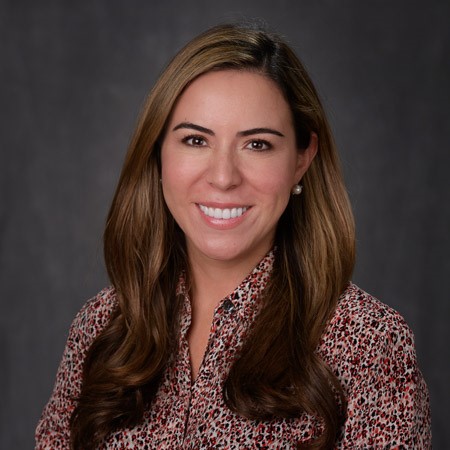
Mariela Lane, MD
Assistant Professor Department of Medical Education; Clinical Assistant Professor Department of Internal Medicine
Texas Tech University Health Sciences Center El Paso
As a SEEF Fellow, what are you most excited about? What do you hope to get out of the experience? I am most excited to meet and work with the other fellows as we learn from each other and our diverse experiences and disciplines under the guidance of the experienced mentors at NBME to develop expertise in assessment-focused research. In particular, I am looking forward to identifying effective assessment tools to evaluate technology-enhanced simulation in medical education and contribute to the effectiveness of this rapidly evolving field across the medical education continuum and into clinical practice.
What motivated you to apply? As an early-career clinician educator and co-director of a Medical Skills course that utilizes technology-enhanced simulation, this fellowship is a perfect opportunity to gain meaningful experience in the field of assessment research with the support of the NBME’s network, resources and dedicated mentorship.

Nuno S. Osório, PhD
Researcher at the Life and Health Sciences Research Institute (ICVS) and ICVS/3B’s - PT Government Associate Laboratory
Invited Assistant Professor at the School of Medicine of University of Minho, Portugal
What excites you most about being a SEEF Fellow? I’m thrilled at the prospect of engaging with a diverse group of individuals who share my enthusiasm for medical education. I find it particularly exciting that we’ll have the opportunity to reflect on and delve into the capabilities of extended reality (XR) and artificial intelligence (AI) in medical simulation and assessment.
What do you hope to gain from this experience? Through this experience, my aspirations include making a significant contribution to medical education, expanding my professional network and refining my skills as both an educator and a researcher in the field of medical education.
What motivated you to apply? Joining this new community was extremely appealing, especially given the emerging technological opportunities. This promises career advancement, enhanced skills and collaboration with diverse professionals. The expertise of NBME and MedVR, along with the potential of AI and XR for interactive learning and real-time assessment, added significantly to the allure.
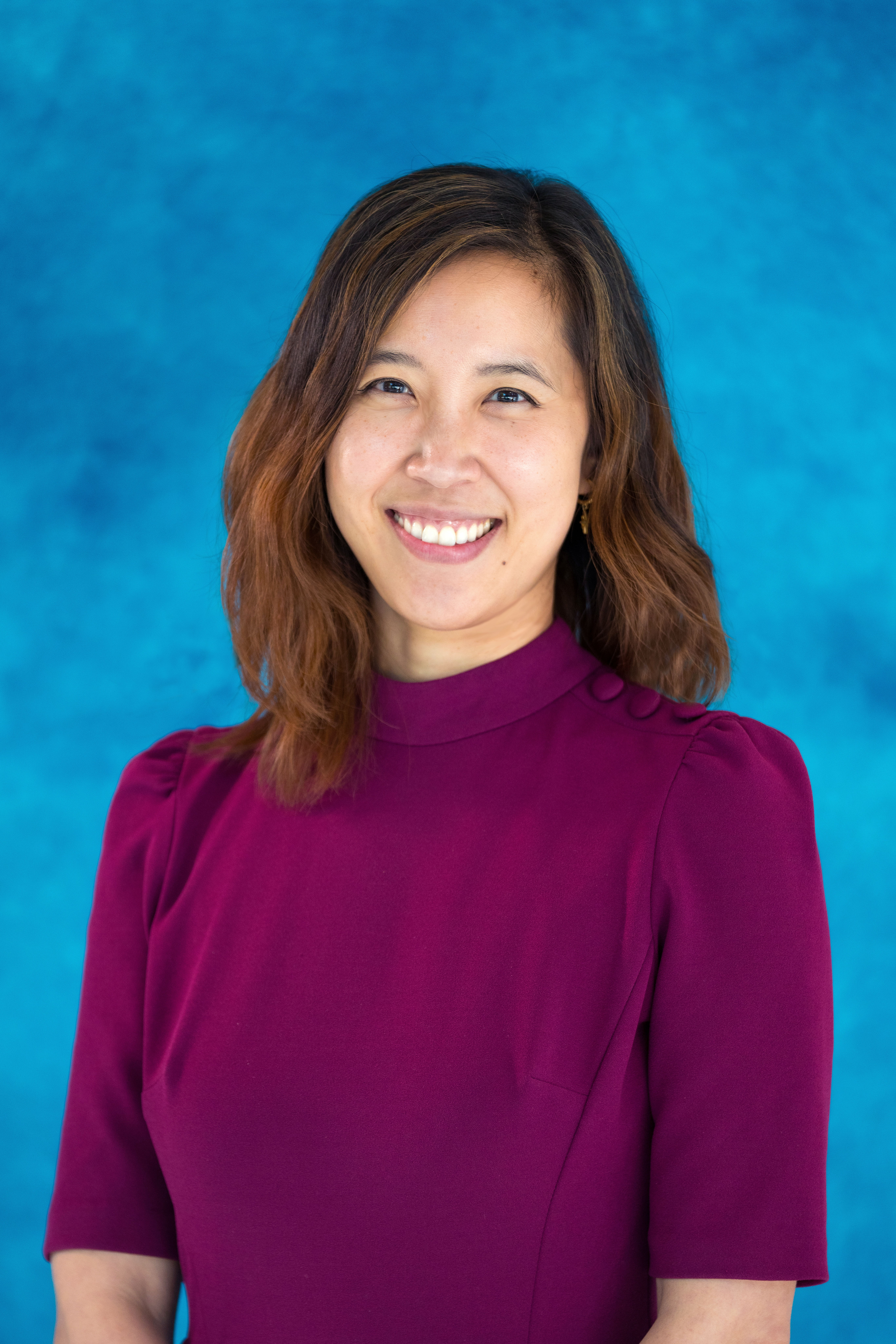
Candace Pau, MD
Faculty Director of Simulation; Assistant Professor in the Department of Clinical Science
Kaiser Permanente Bernard J. Tyson School of Medicine
As a SEEF Fellow, what are you most excited about? What do you hope to get out of the experience? I am most excited about the opportunity to work collaboratively toward creative and innovative solutions for common challenges in medical education. Despite institutional differences in curriculum and geography, we all grapple with many of the same problems, so being able to combine efforts and perspectives will be incredibly valuable. I am looking forward to learning from the collective experience of the group and our NBME mentors and can’t wait to see where this process takes us!
What motivated you to apply? I was tremendously fortunate to have been a part of the NBME’s OSCE for Clinical Reasoning Creative Community, which was an amazing collaboration of amazing people. I learned so much from that experience about assessment, evidence-centered design and the power of community. I love the rigor and the passion for medical education and assessment that infused all of the work we did with NBME during that project. I was so excited for the opportunity to continue to learn more from all of the experts at NBME and to meet others at a similar stage of their careers in medical education who are also eager to develop their skills in assessment.
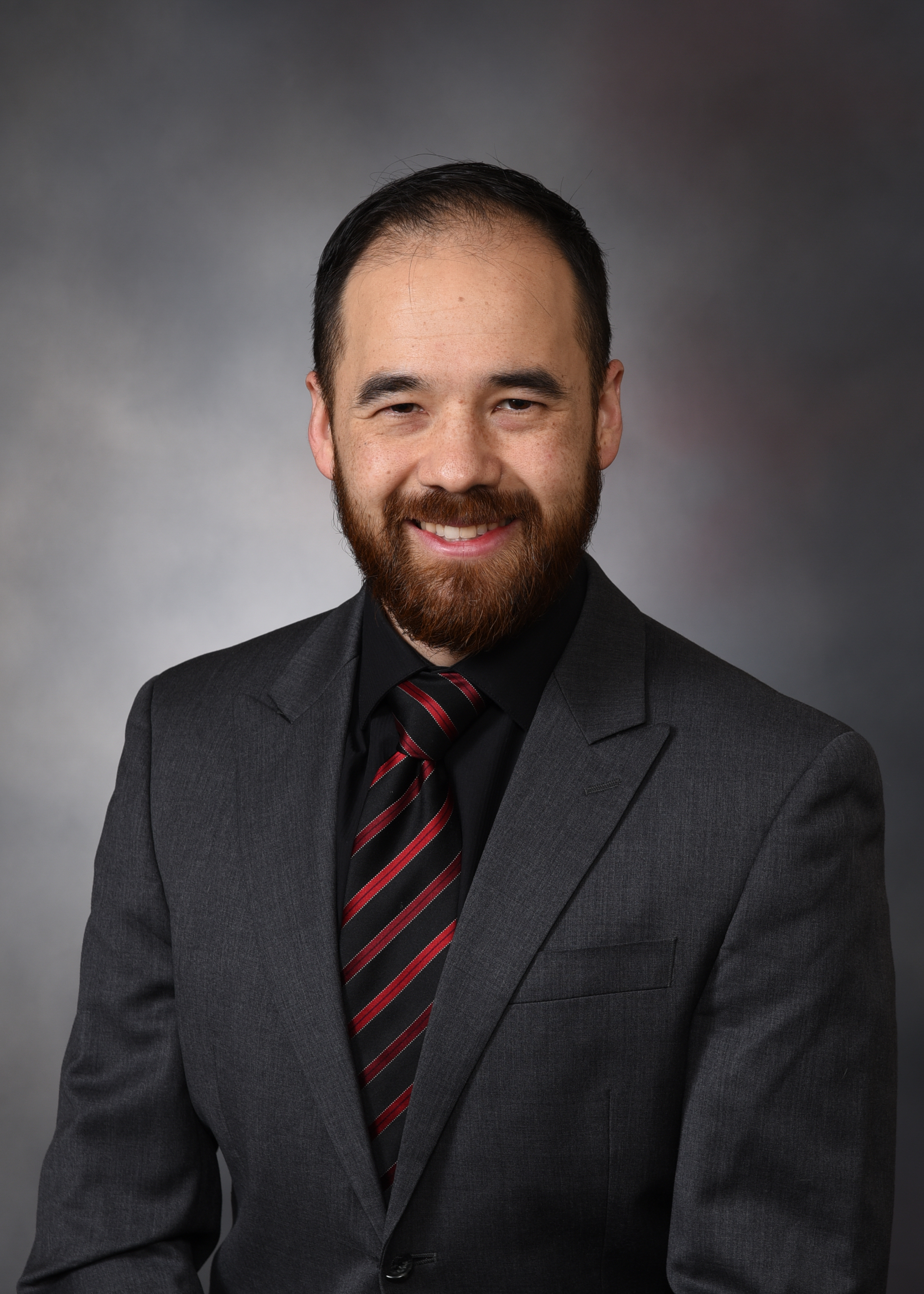
Tama S. Thé, MD
Assistant Professor, Pediatric Emergency Medicine
Medical Student Ultrasound Elective Director; Pediatric Emergency Medicine Ultrasound Director
Emergency Medicine, University of Kentucky Medical School
I believe that AI will fundamentally transform medicine and medical education in a way comparable to the impact of the Internet. I am excited to collaborate with leaders from around the country to ensure its thoughtful, ethical, and evidence-based integration. Through this fellowship, I hope that we establish foundational principles for responsible AI use in medical education and become a catalyst for AI innovation at medical schools throughout the country. It is heartening to find this fellowship recognizes the immense potential of AI. Being part of this transformative revolution from its inception feels like the opportunity of a lifetime—one that holds the promise of making a profound impact on medical education. I expect that collaborating with NBME and my SEEF colleagues on AI will be a career-defining moment that and I am eager to get to work.
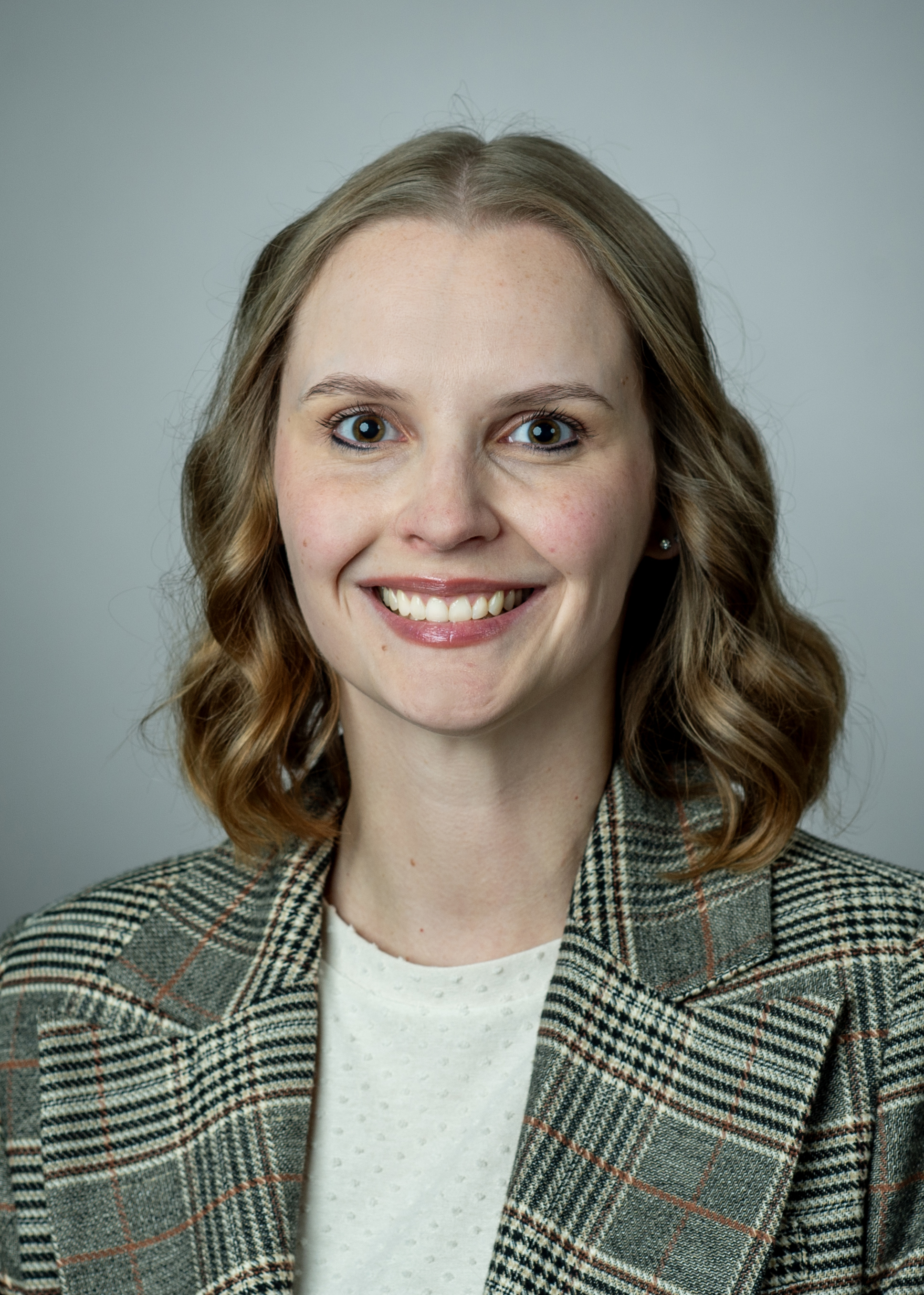
Natascha Heise, PhD
Assistant Professor | EVMS Pathology & Anatomy; Master Educator | Fine Family Academy of Educators
Eastern Virginia Medical School
As a SEEF Fellow, what are you most excited about? What do you hope to get out of the experience? I am most excited about engaging with a community of like-minded professionals dedicated to advancing medical education, and I hope to develop innovative assessment strategies that contribute to improved educational outcomes.
What motivated you to apply? I was motivated to apply for the SEEF Fellowship to collaborate with and learn from diverse colleagues and mentors, broadening my professional network in the field of medical education.
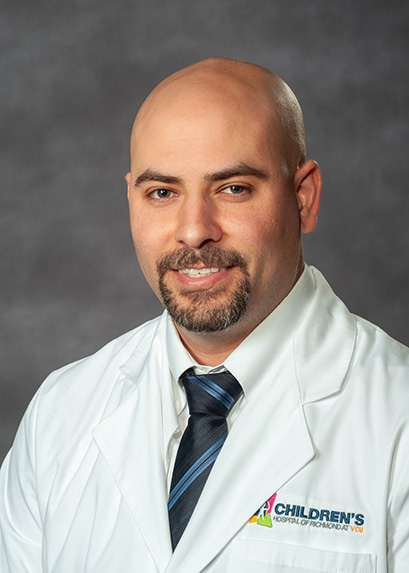
Nayef Chahin, MD
Assistant Professor, Pediatrics in the Division of Neonatal-Perinatal Medicine
Associate Program Director, Neonatal-Perinatal Fellowship; Associate Program Director, Pediatric Residency Program
VCU School of Medicine; VCU Health System; Children’s Hospital of Richmond at VCU
As a SEEF Fellow, what are you most excited about? I am most excited about the collaboration and learning that will come with the program, particularly as it refers to improving assessment.
What do you hope to get out of the experience? New knowledge and skills regarding assessment in medical education and how to make scholarly work out of it, other than building new professional relationships and collaborations.
What motivated you to apply? The opportunity to be able to contribute to the advancement of medical education through the opportunity of collaboration and scholarly work with NBME.
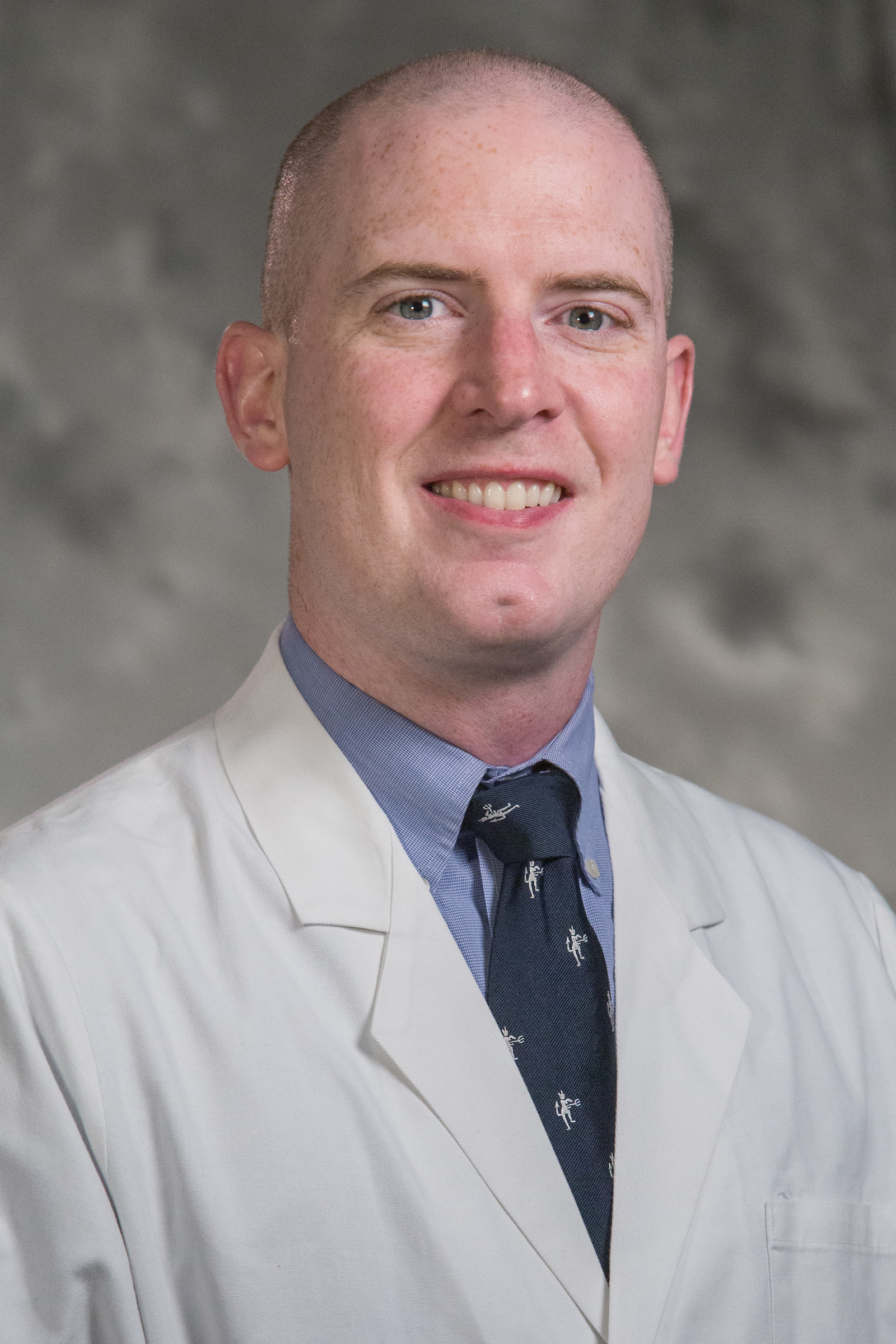
Christopher Nash, MD
Medical Instructor in the Department of Emergency Medicine
Duke University School of Medicine
As a SEEF Fellow, what are you most excited about? What do you hope to get out of the experience?
I joined the SEEF Fellowship to be part of a community exploring how artificial intelligence can enhance medical education. My goal is to develop advanced research expertise and build a robust network of interdisciplinary collaborators, positioning me to lead and innovate in the field.
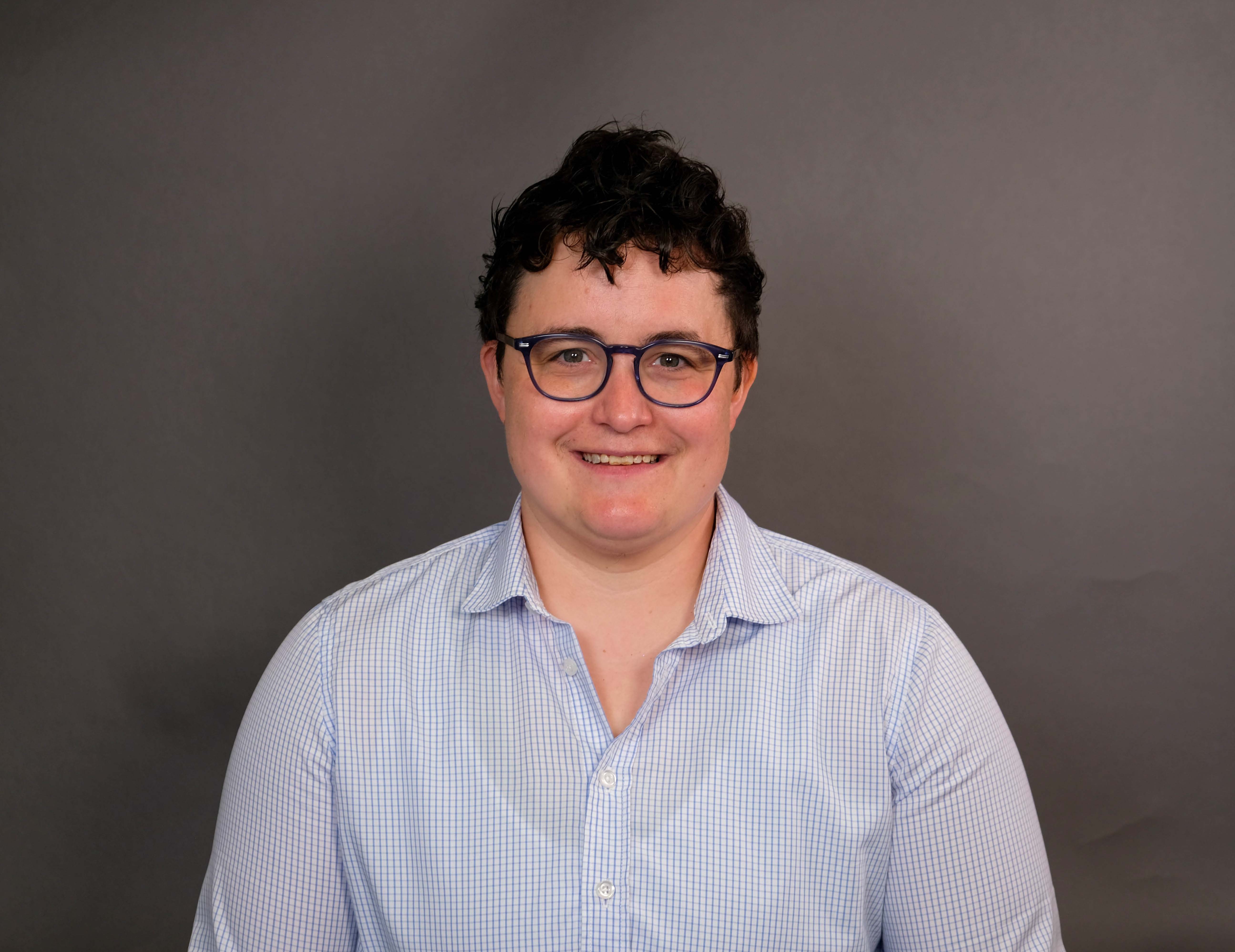
Laura Mulvey, MD
Assistant Professor in the Department of Emergency Medicine
Clerkship Director; Director of Evidence-Based Practice at the Larner College of Medicine, University of Vermont
As a SEEF Fellow, what are you most excited about? What do you hope to get out of the experience?
I am excited for the opportunity to work with other physicians from diverse backgrounds as well as NBME staff on this work particularly in developing accurate assessment tools that have the potential to lead to meaningful patient-centered outcomes.
Additionally, the opportunities the fellowship affords aligns with my career goals to advance in academic medicine, particularly undergraduate medical education and in the realm of medical education research. The opportunity to impact how physicians and other professionals are assessed is something I am passionate about and aligns well with my aspirations in academic medicine.
What motivated you to apply? I am interested in the multidisciplinary approach to improving learner assessment harnessing newer technology to improve fidelity, and ultimately improve the care our patients receive. Also, I hope the skills garnered from this experience improve my content delivery as my medical school’s clerkship director in emergency medicine as well as my own scholarly work involving interprofessional mobile simulation.
